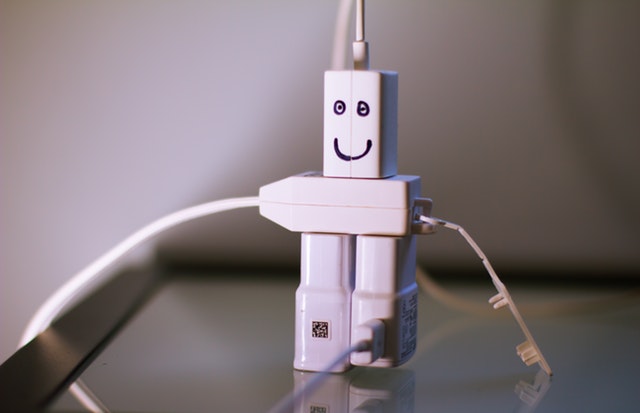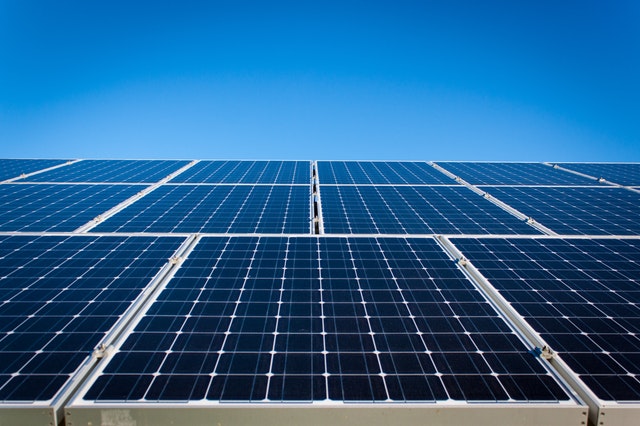How To Practice Electrical Safety Around Your Home
 Electricity plays an important role in your home. It helps keep you warm, allows you to cook meals, and brightens up the interior of your house. At the same time, electricity is a common hazard.
Electricity plays an important role in your home. It helps keep you warm, allows you to cook meals, and brightens up the interior of your house. At the same time, electricity is a common hazard.
Electrocution accidents can lead to burns, serious injuries, and even death. You should feel safe in your own home. Therefore, it is a smart idea for you to remember a few important tips when it comes to electrical safety at home.
Watch Out For Damaged Power Cords
One of the most common causes of electrocution accidents at home is from damaged power cords. Over time, the wires that run through the home might start to degrade. This is a danger that is often overlooked. If the protective coating on any of your wires has been stripped away, cover the cord or replace it. If you need help doing this, call a professional for help.
Overloading The Electrical Outlets
Another common source of electrical accidents comes from outlets that have been overloaded. Your outlets have been designed to deliver a certain amount of power. If you plug too many devices into the same outlet, the circuit will become overloaded. This can lead to a fire or an explosion. If you need to plug in more devices, use a power strip. These are designed to add additional outlets in a safe manner.
An Extension Cord Is A Tripping Hazard
Extension cords are great for providing electrical power to something that is far away. On the other hand, they also should not be left out constantly. These cords are long and represent a tripping hazard. In addition to a fall injury, this can also lead to serious damage to the outlet and the cord itself. This can increase the chances of something bad happening with the home’s wiring. If you are using extension cords all the time, it is a smart idea to call an electrician who can add additional outlets to the home.
Avoiding Injuries With Electrical Safety
Other common electrical safety tips include keeping powered devices away from water and supervising children at all times. Electrical injuries are serious and should be avoided at all cost. Practicing proper electrical safety is vital to preventing injuries.
If you are looking for a new home or if you are interested in refinancing your current property, be sure to contact your trusted home mortgage professional.
 Do rooftop solar panels add value to a home, and are they cost-effective in terms of energy savings? The short answer is yes, say the experts. Although more than a million U.S. homes boasted solar panels in 2016, the percentage of solar-equipped households is still miniscule.
Do rooftop solar panels add value to a home, and are they cost-effective in terms of energy savings? The short answer is yes, say the experts. Although more than a million U.S. homes boasted solar panels in 2016, the percentage of solar-equipped households is still miniscule.